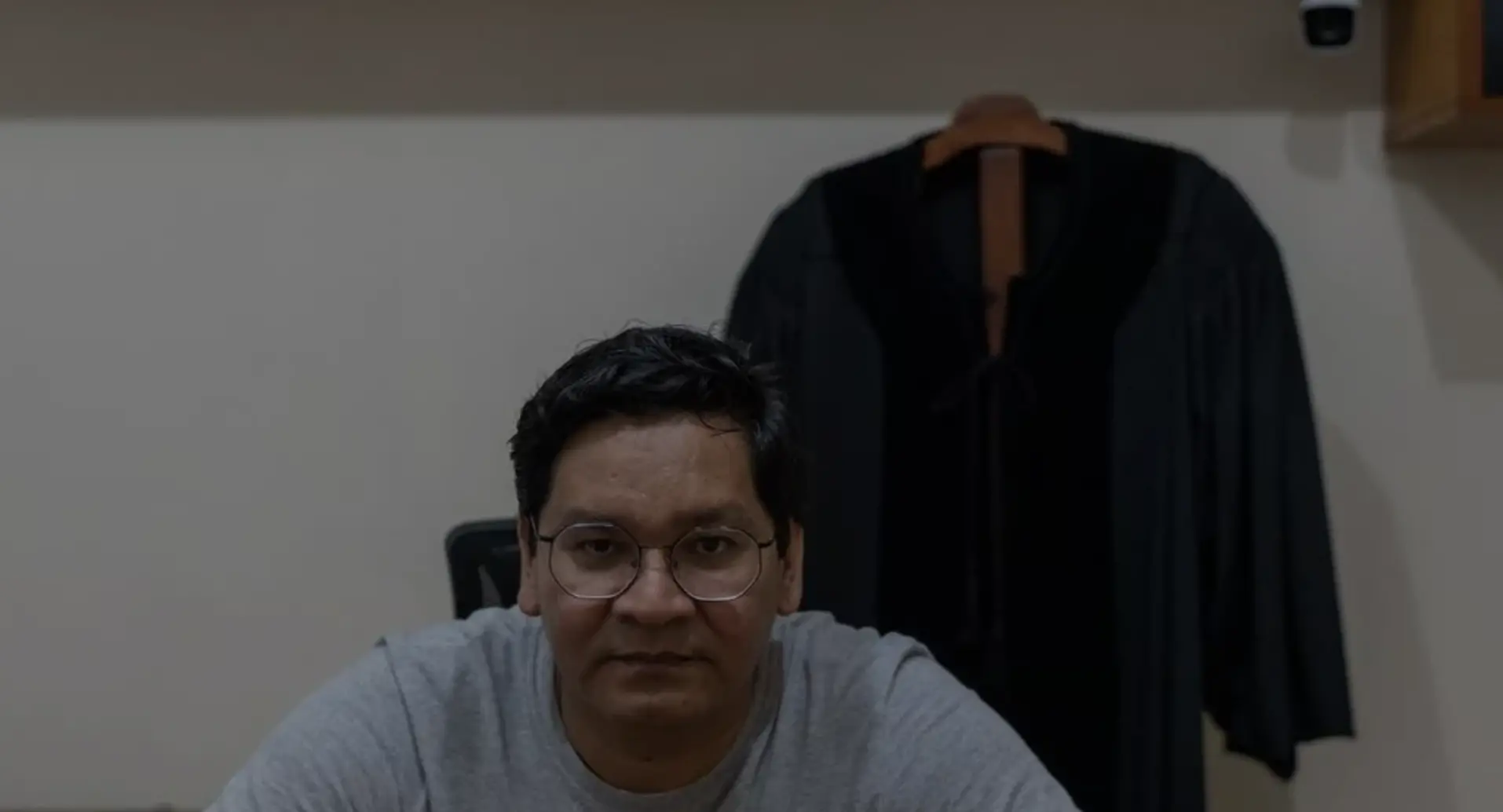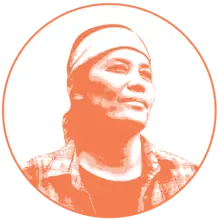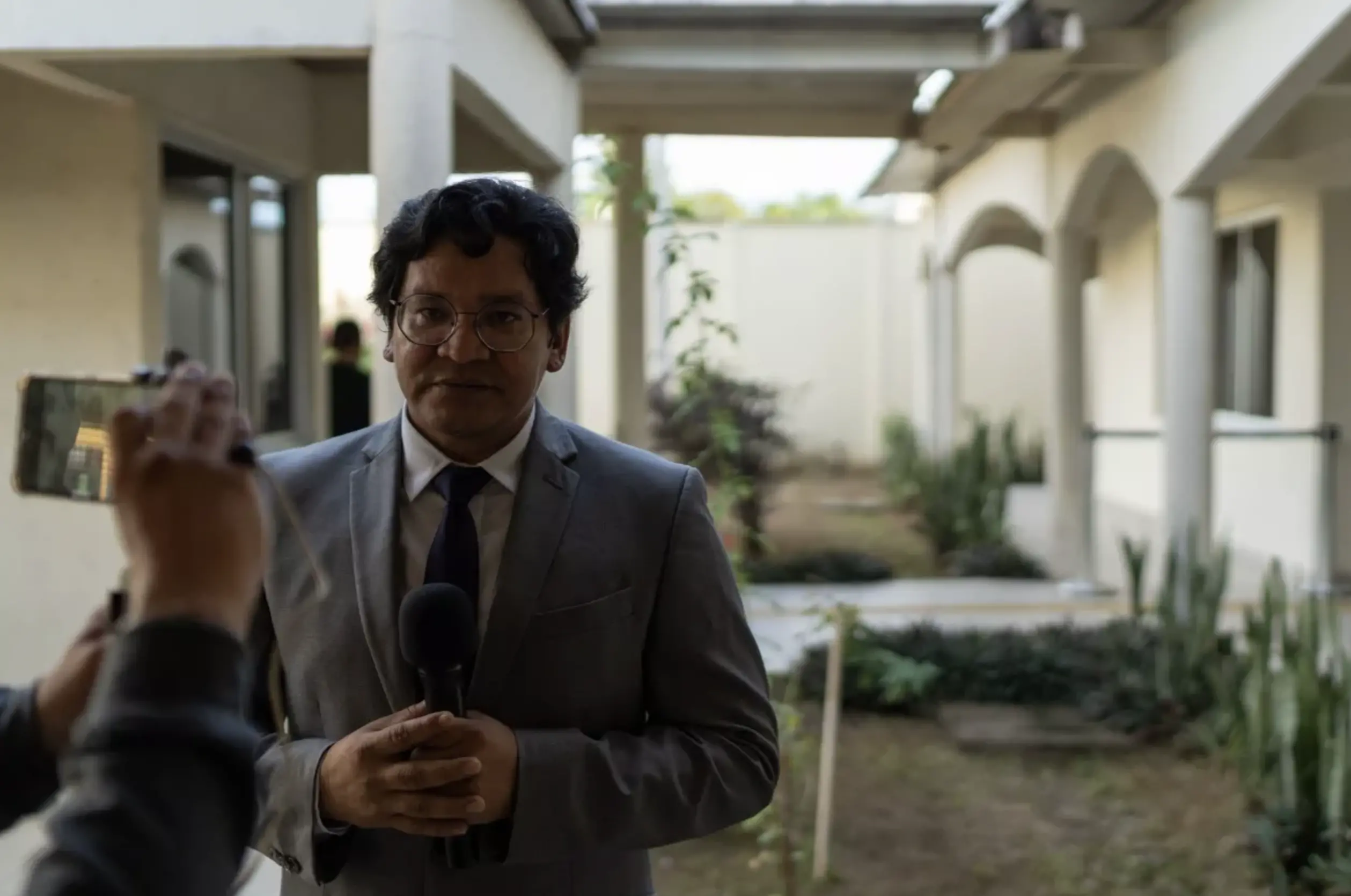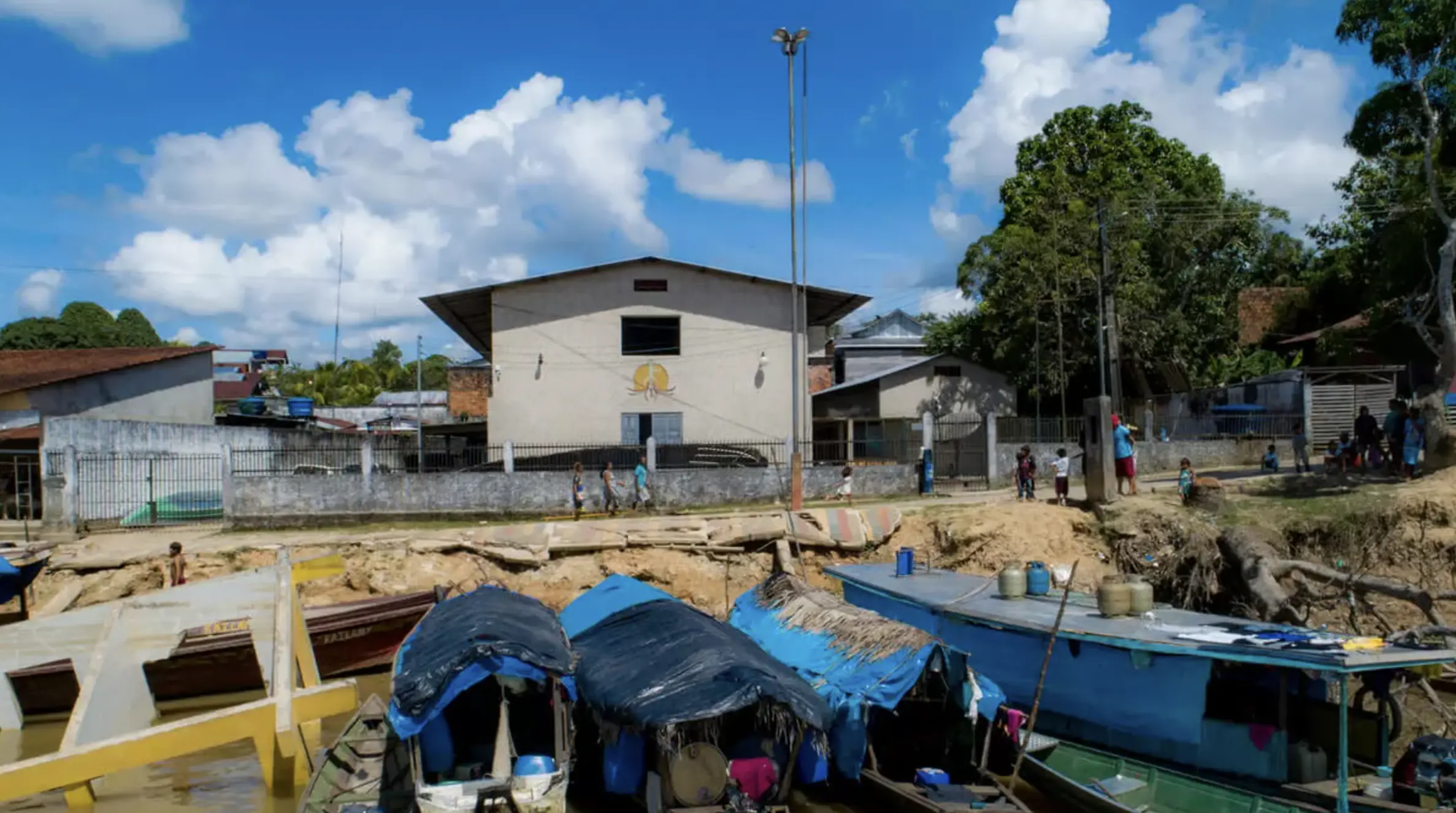This story excerpt was translated from Portuguese. To read the original story in full, visit Agência Pública. You may also view the original story on the Rainforest Journalism Fund website here. Our website is available in English, Spanish, bahasa Indonesia, French, and Portuguese.
- "At no time have the authorities joined with us to search the region, only in the last few days"
- "Univaja sponsored a conversation between the Civil Police, the State Prosecutor's Office, and the federal police officers so that they would talk to each other"
- "These people who are apparently simple, in fact, are part of a structure of a criminal organization"

The legal prosecutor of Univaja (Union of Indigenous Peoples of Vale do Javari), lawyer Eliesio Marubo, gave an interview to Agência Pública in Tabatinga (AM) on the eve of his departure to Brasilia. He arrives in the federal capital on Wednesday, June 22, days after participating in an intense search for the indigenous leader, Bruno Pereira, and British journalist, Dom Phillips. Eliesio will join his brother Beto Marubo and a commission of envoys from the Indigenous movement for a full agenda of meetings with institutions of the Brazilian State. In addition to meeting with the commission formed by members of the House of Representatives and the Senate, the Univaja delegation already met with members of the National Council of Justice (CNJ) on Tuesday, June 21; Beto Marubo and the public prosecutor, Eliana Torelly, coordinator of the 6th Chamber of Indigenous Populations and Traditional Communities of the Federal Public Ministry, met with Minister Luis Roberto Barroso, of the Supreme Court, in a private meeting yesterday.
As a nonprofit journalism organization, we depend on your support to fund journalism covering underreported issues around the world. Donate any amount today to become a Pulitzer Center Champion and receive exclusive benefits!

The Javari commission is still willing to open dialogue with the federal government. Before the beginning of the public agenda with the presence of Eliesio, on Monday, June 20, indigenous and indigenist representatives of the Javari Valley met with Congressman José Ricardo (PT-AM), president of the Commission created by the House, and other parliamentarians, such as Joênia Wapichana (REDE-AP). At the meeting, some objectives were brought to the attention of the parliamentarians, among them the charge that the police investigation into the death of Bruno and Dom be conducted seriously by the authorities and that the murder of the FUNAI servant, Maxciel Pereira, in 2019, be solved, and the reason for the delay in solving the crime, pointed out.
The representatives of the peoples of the Javari Valley also demanded action from Congress to ensure the safety of the Funai servers, Indigenous people, and Indigenists, in addition to emphasizing that Univaja should be heard throughout the investigation process of the commissions.
The objective of the visit at the moment is to take advantage of the international commotion and media coverage caused by the assassination of Bruno Perera and Dom Phillips to put back on the agenda an old ask from the Indigenous movement in the Valley: that the state strengthen its institutions where the largest population of isolated or recently contacted Indigenous people on the planet live.








